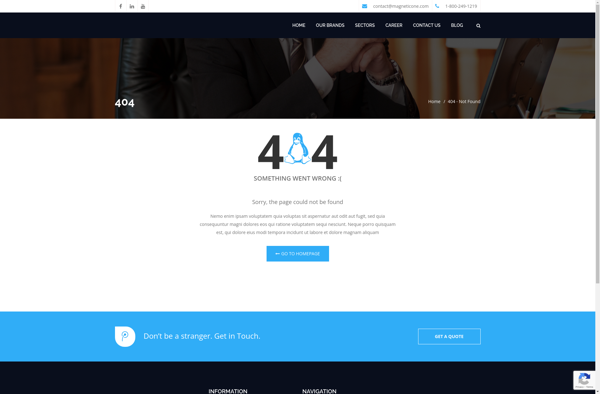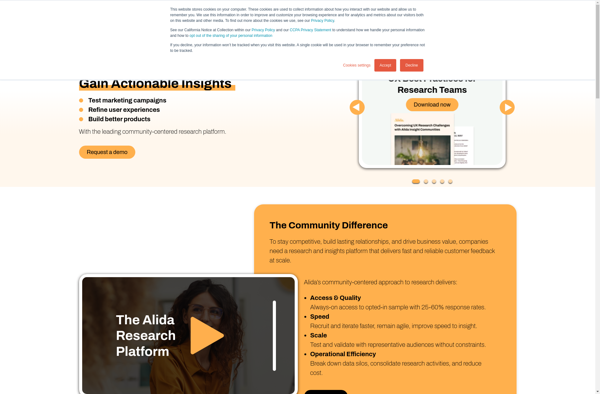E-Commerce Dashboard

e-Commerce Dashboard: Monitor Sales & Customers
e-Commerce Dashboard is a web-based tool that allows online stores to monitor their sales, customers, and other key metrics from a centralized dashboard. It visualizes e-commerce data through interactive charts and graphs to help understand business health.
What is E-Commerce Dashboard?
The e-Commerce Dashboard is a powerful analytics and reporting platform designed specifically for online stores. It provides store owners with deep insights into all aspects of their business through interactive dashboards and data visualizations.
Key features of the e-Commerce Dashboard include:
- Sales analytics - Track monthly/daily revenue, conversion rates, average order value and more across all your sales channels.
- Traffic analytics - Monitor website visits, sources, location and browse customer behavior flows.
- Customer analytics - Segment customers by lifetime value, view retention rates and identify buying patterns.
- Marketing analytics - Measure ROI for campaigns and promo codes. See top referring sites/keywords.
- Inventory analytics - Get notifications for low stock items. Analyze which products need replenishing.
- One-click reporting - Download pre-made reports on sales, traffic, inventory etc as PDF or CSV.
- Custom reporting - Build custom reports with the reports builder to get insights.
- Mobile app - Access all dashboard data and features from iOS and Android apps.
The eCommerce Dashboard helps online retailers make data-driven decisions to optimize their web stores for higher growth and revenues.
E-Commerce Dashboard Features
Features
- Real-time sales and revenue tracking
- Customer analytics and segmentation
- Inventory management and product performance monitoring
- Multi-channel order management
- Customizable reporting and dashboards
- Integration with popular e-commerce platforms
Pricing
- Subscription-Based
Pros
Cons
Reviews & Ratings
Login to ReviewThe Best E-Commerce Dashboard Alternatives
Top Business & Commerce and Sales & Marketing and other similar apps like E-Commerce Dashboard
Here are some alternatives to E-Commerce Dashboard:
Suggest an alternative ❐Product Finder 360
Salesify

Vision Critical
